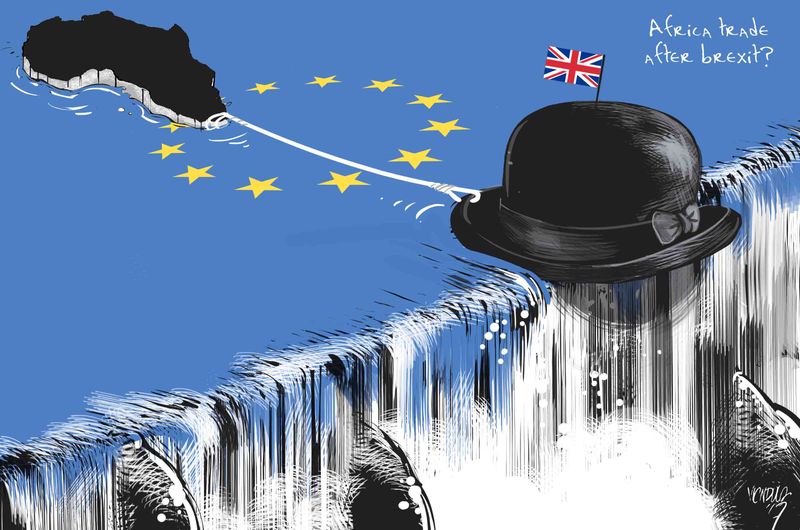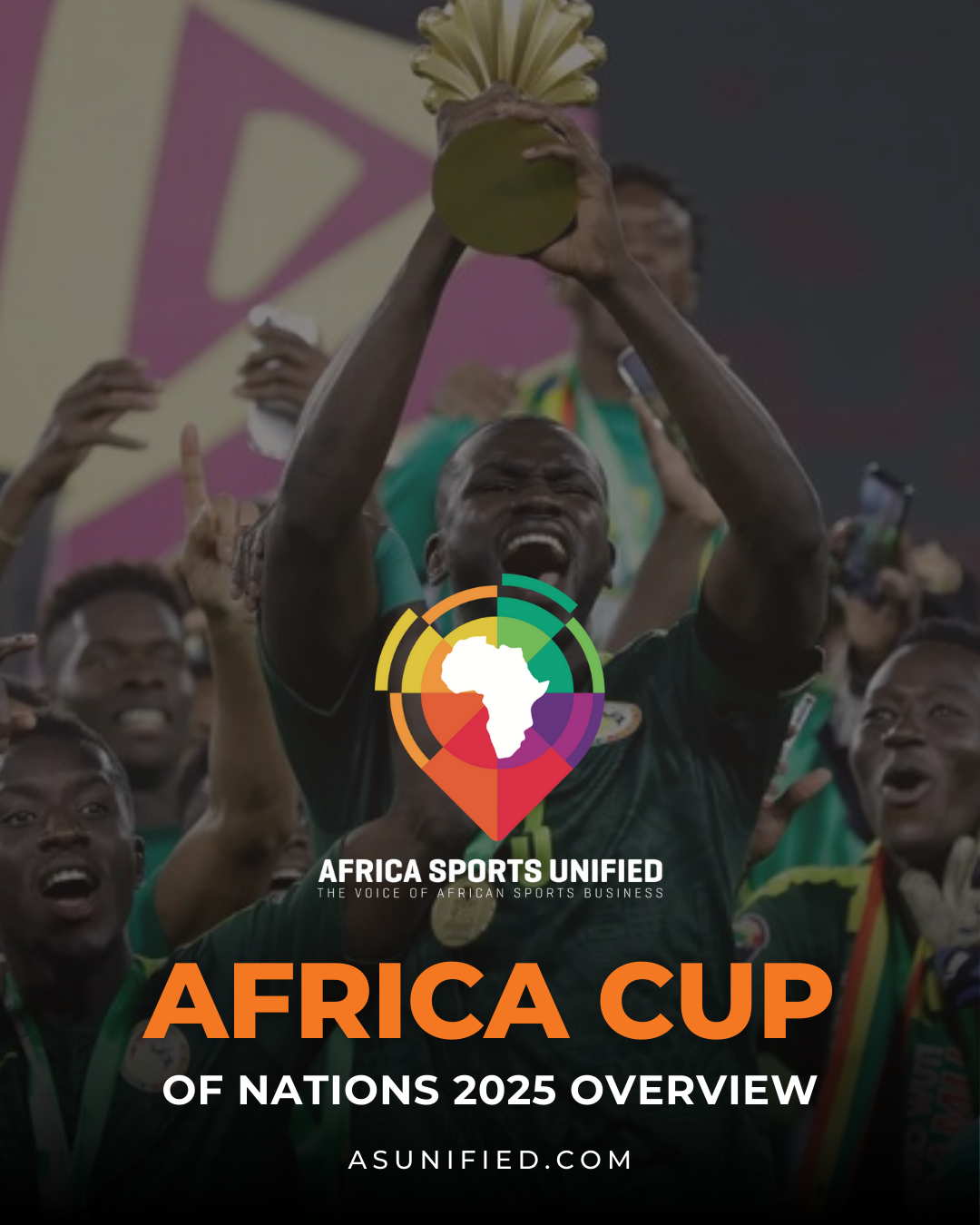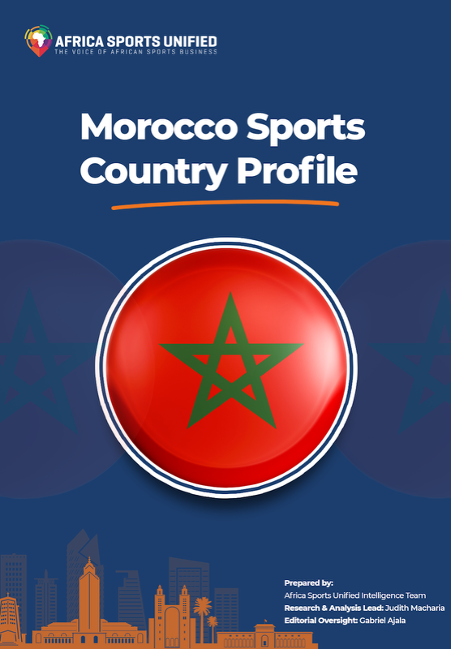Brexit: What impact would this have on the African sports market?
Gabriel Ajala
October 06, 2021

In June 2016, The UK public voted 51.2% to leave the European Union and have since began discussions on leaving the EU.
This will undoubtedly have a huge impact on the UK and EU markets and sport is no different. Areas such as free movement of goods and services would have an impact far beyond the shores of Europe and the UK, with Africa feeling the ripple effect of such a decision.
The Background
The Kolpak Ruling was a case involving a Slovak handball player plying his trade in Germany, who appealed to the European Court of Justice that he should be considered an EU player as he was a German resident and a citizen of a country who has a trade deal with The EU (an EAA, European Association Agreement), Slovakia.
After winning his case, this meant that citizens of countries who have signed an EAA with the EU have the same right to freedom of work and movement within the EU as EU citizens. The impact that this has had is similar to the ââ¬ËBosmanââ¬â¢ ruling in football.
So how does this affect players from Africa?
The Cotonou Agreement is a trade deal between African, Caribbean, and Pacific countries (ACP Group) and the EU, which includes countries such as Kenya, South Africa, and Zimbabwe.
This opened the door to a huge talent pool from Africa and other continents that sports such as cricket and, to a lesser extent, both forms of Rugby could exploit. Despite the disincentives attempted by the ECB (as you can read below), this hasnââ¬â¢t deterred cricket coaches from selecting talented players from overseas, amidst the growing pressure and competition in the English County Cricket leagues.
Why players want to come to England on the Kolpak & Its Impact?
The simple answer is because of the money. The earning potential players can get competing in The ECB County Cricket league, for example, dwarfs that which they can earn playing in their own domestic leagues, to the extent that they are willing to sacrifice their international careers.
Since the ruling, there have been more than 60 players coming from African countries such as South Africa and Zimbabwe to play County Cricket in England. With the most recent notable signings being that of 29-year-old South African, Kyle Abbot and Rilee Rossouw signing for Hampshire. With the UK about to leave the EU, there could be a surge in players attempting to come to the UK before Brexit negotiations are finalised.Â
What has been the reaction to the amount of Kolpak players?
The ECB have stated that a Kolpak player can no longer perform on the international scene unless:
Their contract ends or is terminated, allowing them to represent their country of birth; or
After 7 years of playing as a Kolpak, they then have the choice to play for England.
The ECB are concerned that the number of Kolpak players, gives English born players less of an opportunity to play and minimises the talent pool for the national team. With some being more successful than others, their efforts have included:
Re-wording of the Cotonou Agreement to stress ââ¬Ågoods and servicesââ¬Â
Working with the Home Office to introduce a work permit criteria
Increase the qualification period for an overseas born player to represent England from 4 to 7 years
Deduct county cricket teams ã1,100/match for every non-England qualified player they pickedÂ
Most recently, The ECB are trying to incentivise county teams financially for fielding England qualified players, as part of their new Memorandum of Understanding. The ECB hope this will reduce teamsââ¬â¢ attraction to Kolpak players or even increase the deduction levied for picking Kolpak players.
However, despite their efforts, the UKââ¬â¢s vote to leave the EU and subsequently bring an end to the Cotonou Agreement and Kolpak Ruling would have a seismic impact on the number of African stars playing in Europe and the impact on the domestic leagues in Africa. How this pans out, will only be evident in the years to come.
Do you think this would be a positive or negative affect on athletes and domestic leagues in Africa?
Would there be an influx of players from Africa moving to the UK before they leave the EU?
Let us know your thoughts.
Related Posts




